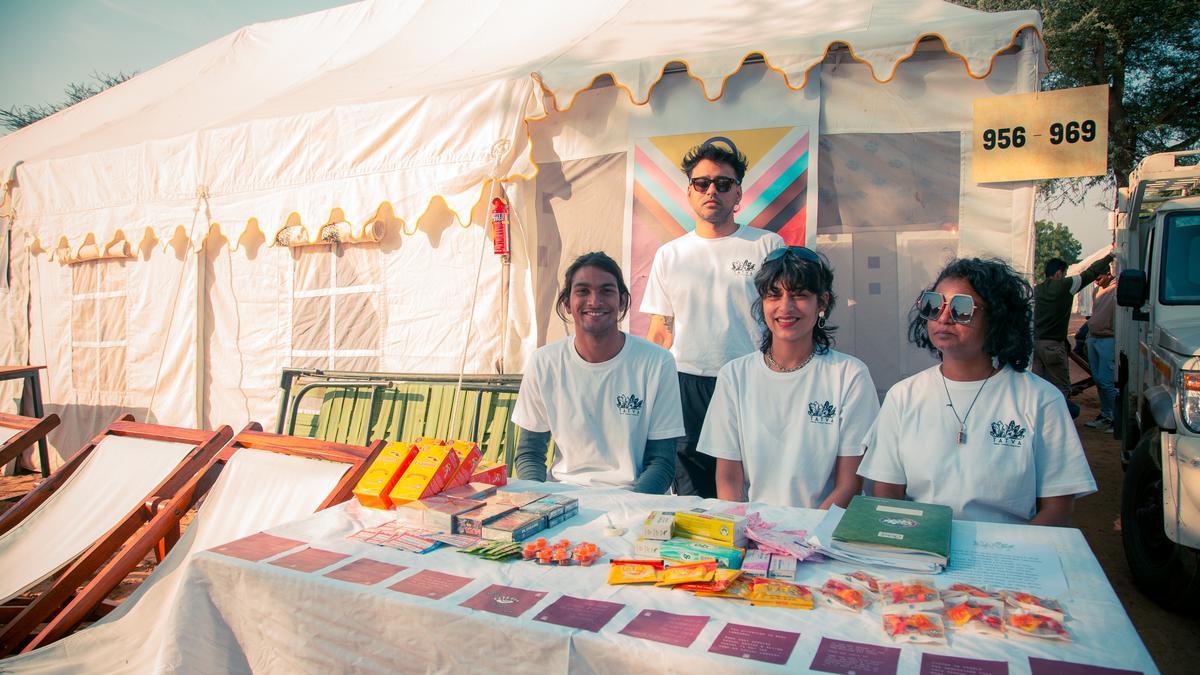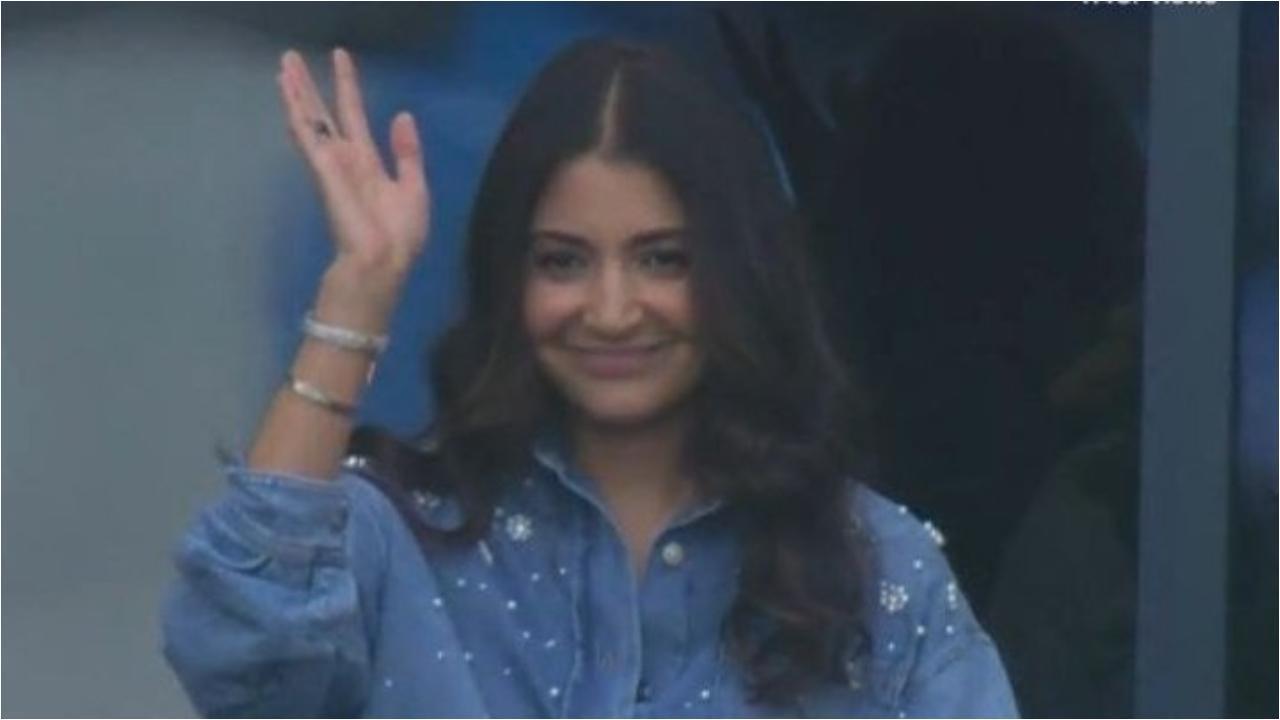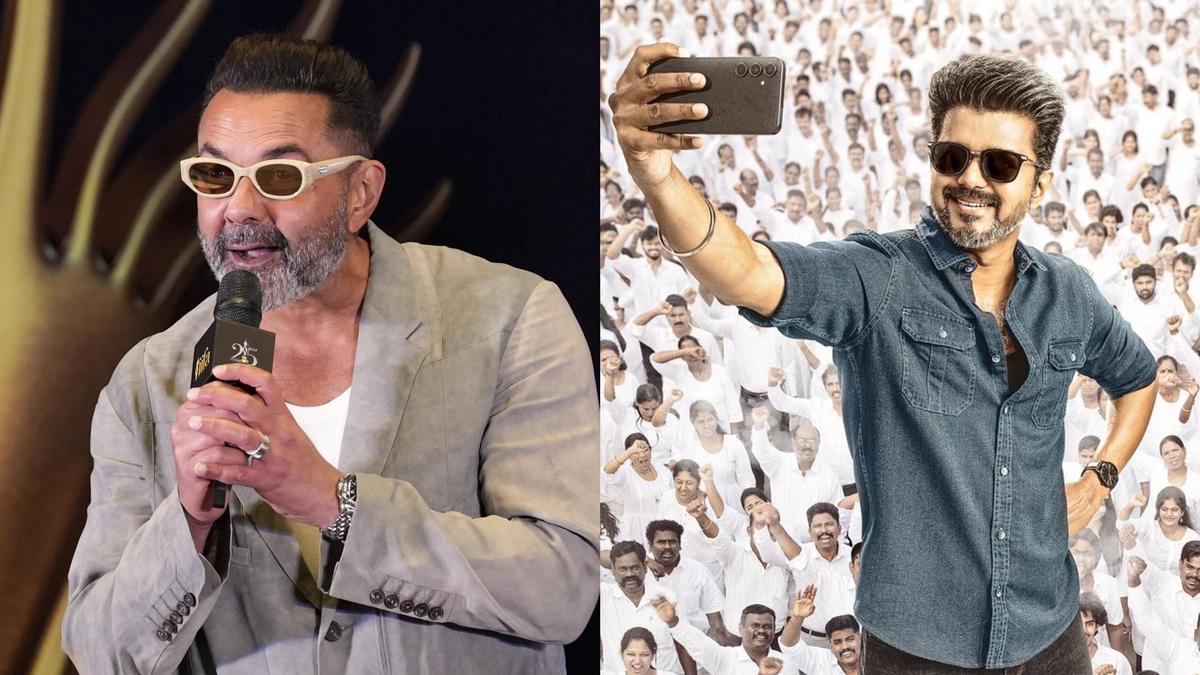
Adarsh, a 32-year-old data analyst based in Mumbai, is a regular attendee of music festivals. His enjoyment is often accompanied by the ritual of indulging in a couple of gin and tonics and occasionally lighting up a joint before a concert. He claims that this combination enhances the musical experience for him. However, an unforgettable episode in 2022 drastically altered his perspective. While attending a particularly crowded music festival, Adarsh experienced a severe panic attack. The overwhelming crowd, coupled with his impaired senses, left him sweating excessively and feeling nauseous. Alone amidst a sea of people, he sought help from a volunteer for some water and waited for his body to stabilize before heading home, vowing never to repeat the experience under the influence.
Adarsh’s incident is not isolated; a significant number of festival-goers dive deep into the vibrant energy at such events, sometimes resulting in similar experiences. It’s important to note that such unsettling feelings do not necessarily stem from substance use; the sheer stimulation from energetic environments can impact one’s emotional state.
Acknowledging the critical need for emotional safety and reassurance for attendees, many music festivals have introduced supportive facilities. Emotional welfare booths are emerging as safe havens, offering holistic aid, encompassing both mental and physical well-being. Global festivals such as Glastonbury in the UK have established ‘Sanctuary’ stalls equipped with mental health professionals. Burning Man complements this with the ‘Zendo Project,’ focusing on emotional care, particularly for challenging drug experiences. Tomorrowland provides a ‘Comfort Zone’ for mental support and medical care, and Coachella incorporates harm reduction tools and medical aid stations. Similarly, Portugal’s Boom Festival emphasizes wellness with its ‘Kosmicare’ service aimed at those undergoing emotional turmoil.
However, in India, these facilities are relatively limited. A notable exception is Magnetic Fields in Rajasthan, which has collaborated with Tatva, an international emotional well-being agency, for over five years to create a nurturing environment. Sarah Chawla, one of the festival’s founders, stresses the significance of such services. Their partnership extends beyond welfare, incorporating sensitivity training for the festival’s security staff to ensure the well-being of attendees is prioritized each year.
.
The welfare team acts as a crucial intermediary among incidents involving attendees, security personnel, and medical assistance at the festival. As the initial point of contact, they are adept in LGBTQIA+ sensitivity, bystander intervention training, and are skilled in active listening and providing guidance. “The welfare area offers a space for attendees wanting to converse, gain access to sex-positive literature, learn about consent, report discrimination or harassment, and find solace or warmth,” shares Kripi Malviya, creator at the Tatva Centre.
The Bacardi NH7 Weekender, an iconic festival in Pune, dedicates itself to cultivating an environment that honors both the emotional and physical well-being of its patrons. For two years in a row, the festival has constructed support booths intended for individuals feeling overwhelmed or those encountering harassment, especially related to sexuality, thereby fostering a supportive and secure atmosphere for all.
“This initiative is pivotal in crafting a holistic concert environment by addressing the emotional well-being of attendees, especially for those who may react sensitively to certain sounds, lights, or crowd densities,” says Ashish Jha, brand manager for Bacardi and Breezer India. The 14th edition of this festival in December saw Mist LGBTQ Foundation join as an inclusivity partner. The foundation’s founder, Shyam Konnur, alongside his team, prominently wielded the Pride flag, prepared to offer psychological first aid.
Mist partnered with Mindworks Counselling, another Pune-based facility, ensuring psychological aid was readily available. “While the demand for psychological first aid wasn’t excessive, a few individuals did seek immediate consultations for prospective therapy sessions,” says Armeet Narang, a psychologist stationed at the festival. A dedicated booth was prepared for those experiencing panic attacks.
Armeet underscores that festivals often create situations where attendees’ mental health is challenged. The intense noises, bright lights, and expansive crowds may induce anxiety, manifesting as racing heartbeats or breathlessness, sometimes escalating into panic attacks.
In response, festivals like Lollapalooza India, in its second iteration, collaborated with experienced partners to manage mental and emotional health issues in real time. This partnership aims to make festivals safe spaces for all participants. Onsite trained counselors and a designated safe space ensured immediate support, alongside Quick Response Teams (QRTs) focusing on psychological safety and sexual assault prevention.
“Our festival emphasizes inclusivity, offering gender-sensitized staff and gender-neutral facilities to cultivate a welcoming atmosphere,” notes Owen Roncon, chief of business at BookMyShow’s Live Entertainment division. This approach highlights the growing culture of care at music festivals, striving to create experiences that are not only physically invigorating but also emotionally enriching for all attendees.










